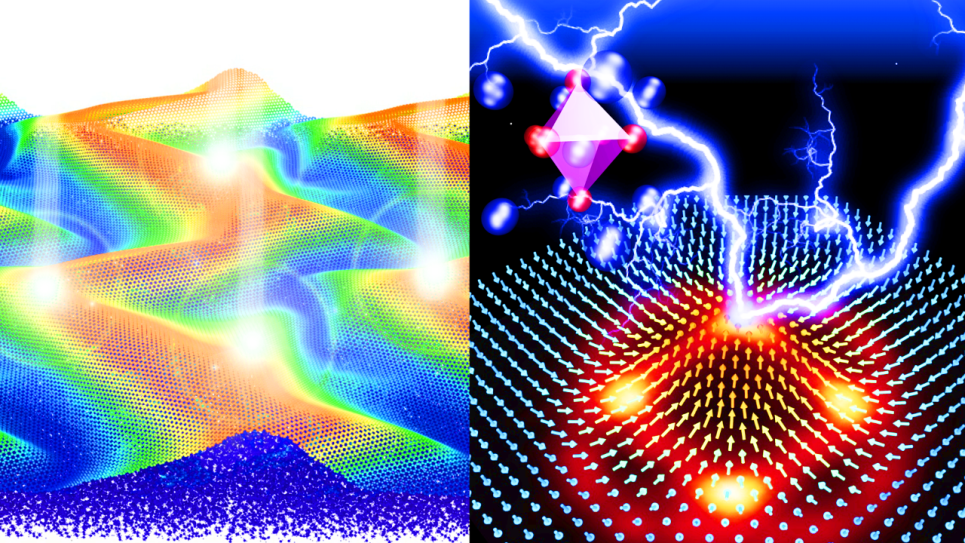
First-Principles Simulation of Electronic Stopping Excitation and Beyond
This project is intended to advance the researchers' first-principles approach, based on real-time time-dependent density functional theory, so as to study electronic stopping processes of complex systems for which going beyond typical-linear response theory formalism is necessary.
Electronic stopping describes the transfer of kinetic energy from highly energetic charged particles to electrons in matter. This process results in massive electronic excitations within the target material.
Although the researchers’ first-principles simulation approach—based on non-equilibrium real-time time-dependent density functional theory (RT-TDDFT)—has brought great success to modeling electronic stopping of ion projectiles like protons and alpha-particles in various matters, there are additional challenges to overcome. With this project, the researchers intend to advance their approach so as to study electronic stopping processes of complex systems for which going beyond typical-linear response theory formalism is necessary.
In particular, this work aims (1) continue to investigate electronic excitations in solvated DNA under ion irradiation (i.e. protons, alpha-particles, and carbon ions) in the context of ion beam cancer therapy, and (2) advance the researchers’ first-principles method for studying non-linear electron dynamics and how excited electrons promote defect diffusion in semiconductors under proton, electron, and photo irradiation.
